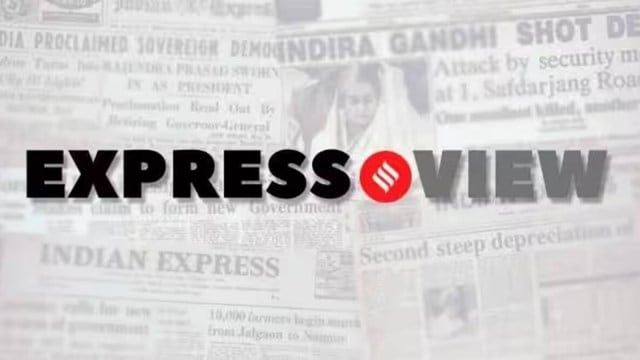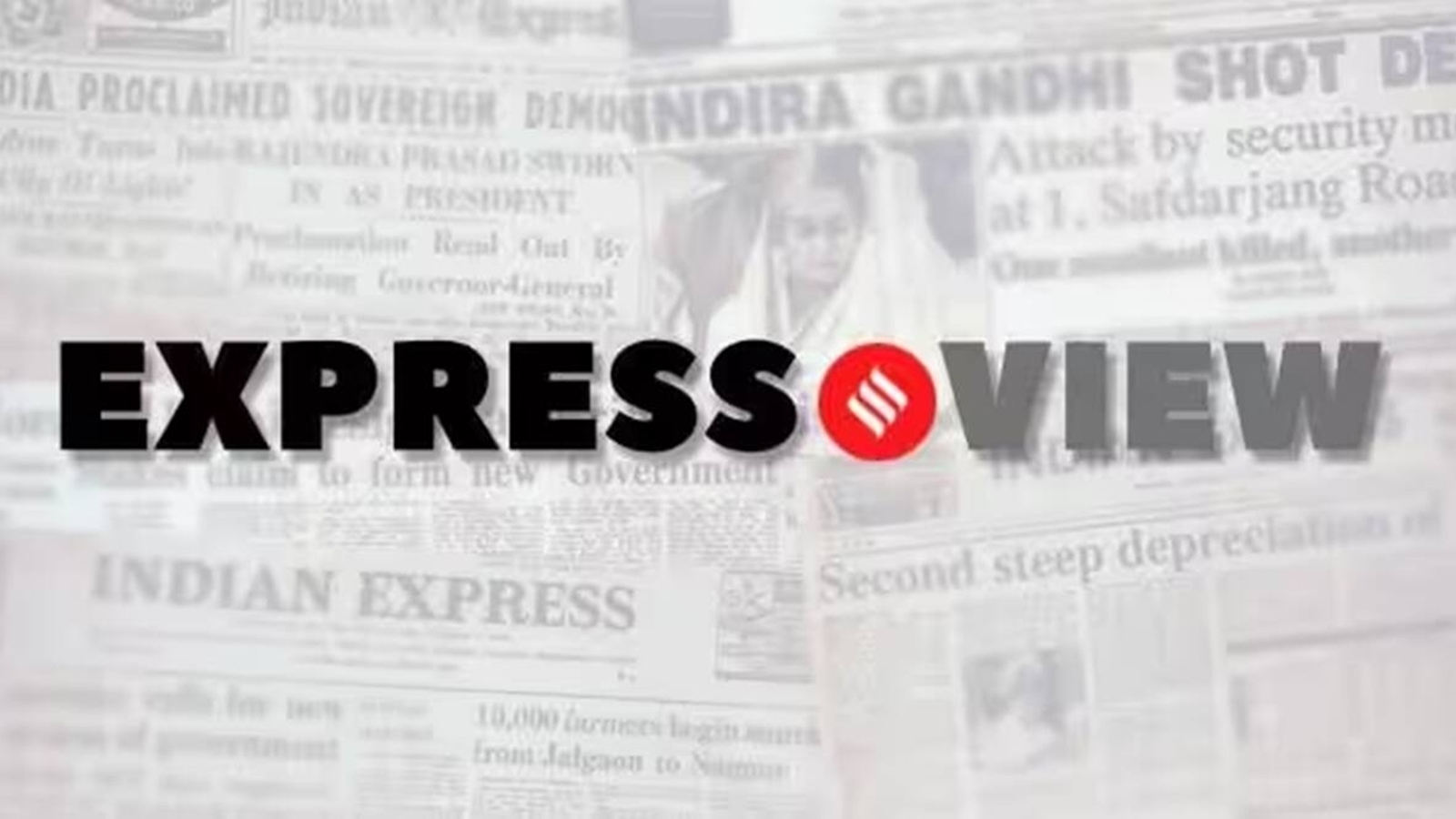
On Monday, K P Sharma Oli will be sworn in as the head of Nepal’s 14th government since 2008, when the country became a republic. Last week, Oli’s party, the Communist Party of Nepal (UML), withdrew support to the Pushpa Kamal Dahal “Prachanda” government, ending the latest attempt at an alliance between the Himalayan nation’s leftist forces. Prachanda, the head of the Communist Party of Nepal (Maoist Centre), failed a vote of confidence on Friday, after surviving four trust motions since December 2022. In his 19-month tenure as PM, the Maoist leader changed coalition partners thrice. The Maoist Centre is only the third largest party in Nepal’s 275-member lower house, the Pratinidhi Sabha. Prachanda had managed to navigate Nepal’s choppy political waters by striking bargains with the Sher Bahadur Deuba-led Nepali Congress and CPN-UML. But on Friday, he was upstaged after Deuba and Oli struck a deal.
The opportunism of leaders has been the only constant in Nepal’s political landscape since 2015. Prachanda has been PM for two terms, Deuba has had two stints at power and Oli will begin his third innings in a country dogged by economic instability, corruption and energy crises. Once a rice exporter, Nepal now depends on foodgrain imports and the cement industry, one of the prime employers in the country, is running at 30 per cent capacity. The World Bank estimates that the country’s economic growth is not likely to exceed 4 per cent in the current fiscal and the IMF has warned Nepal of a financial crisis if steps are not taken to improve the economy.
New Delhi will be watching the developments in Kathmandu with caution. While Prachanda enjoyed goodwill in India, Oli’s hardline stance during the border blockade of 2015, his pro-China position and moves to include disputed territories in Nepal’s map have not gone down well with South Block. The Chinese footprint in Nepal is growing. However, India continues to be Nepal’s largest trading partner and about eight million Nepalese citizens live and work in India. New Delhi would, therefore, do well to take a nuanced position on the politics in the Himalayan nation and ensure that Beijing does not use the latest political turn in Kathmandu to its advantage.


